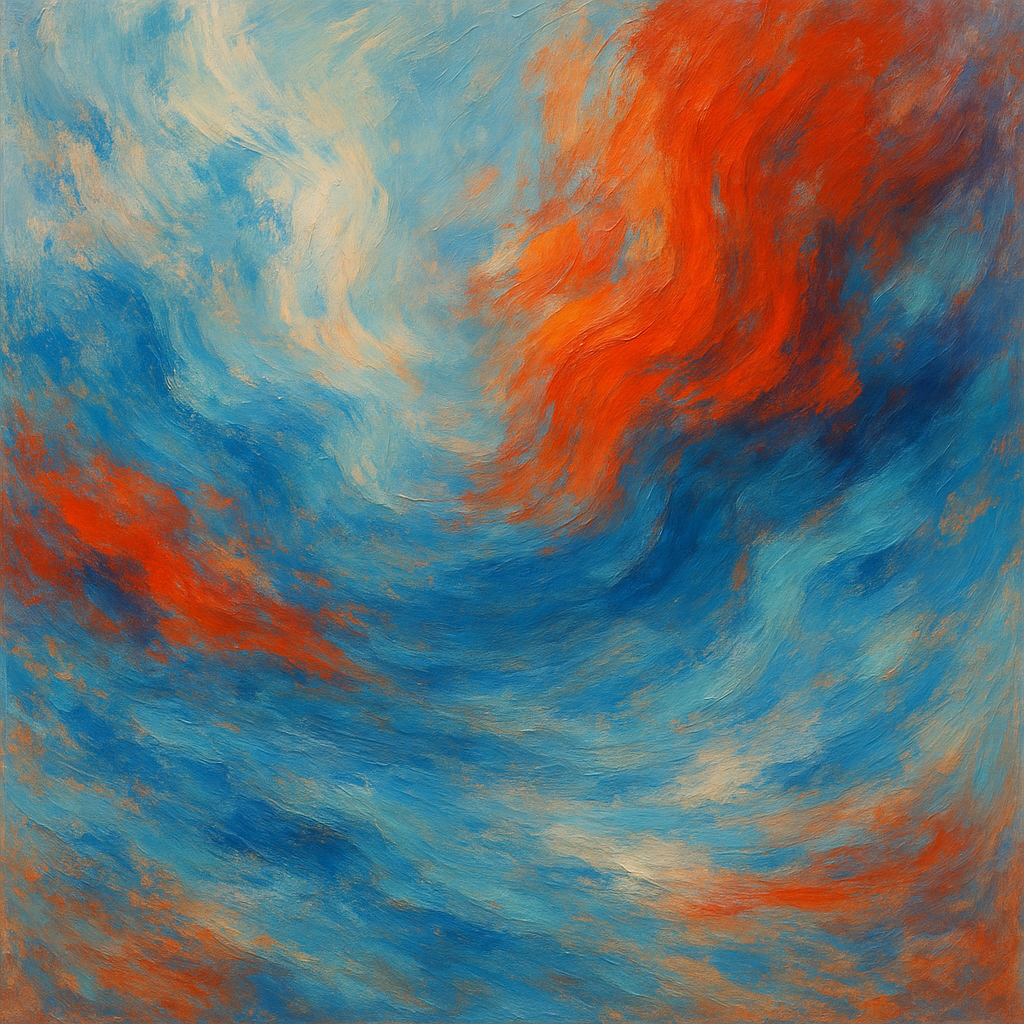it's 'know thyself', not 'label thyself'
These days, it seems like everyone is self-diagnosing. ADHD, PTSD, Autism—sometimes jokingly, often seriously—and these labels become not just ways to understand ourselves, but ways to define ourselves. In conversation, online, and even internally, we center these diagnoses in our identity. Sometimes it helps. But sometimes, it becomes a trap.
The word trauma alone has become so commonplace it’s lost some of its weight. There’s relief in how openly we can now talk about mental health—people who were once shunned for needing care are finally being heard. But the pendulum has swung hard, and now it seems like every quirk, flaw, or emotional response is interpreted as a disorder.
Writer Freya India touches on this in a recent article: “Therapy speak has taken over our language.” She points out how we’re trading in our personalities for pathologies, turning every tendency into a diagnosis.
There’s a power in naming things. When used thoughtfully, these frameworks—whether psychological or even astrological—can help us understand ourselves better. But they also come with a risk: once we identify with a label, we start to live into it.
Take astrology. If I say I’m a Taurus, I might start acting more grounded, more stubborn. If I’m an Aries, I might lean into my fiery side. It becomes a kind of self-permissioning: “This is just how I am.” Even though, realistically, we all carry traits from every sign, depending on the situation.
A similar thing happens with psychiatric labels. If you believe you have ADHD—and I say this as someone who has been diagnosed—it can explain certain behaviors, like chronic lateness or time blindness. But it also makes it dangerously easy to excuse them.
For me, knowing I have ADHD has been a huge help in building self-compassion. I understand that my relationship to time is different, and I give myself grace when I struggle. But I also have to be careful not to use it as a free pass. Instead, the diagnosis is a tool—it helps me calculate that I need to leave earlier than I think, or build in buffer time so I don’t overwhelm myself. And when I fail, I know why—but I don’t let that “why” become an excuse.
That’s where the balance lies. I go back to one of my favorite life principles: Know Thyself. These tools—therapy, psychology, astrology, all of it—can help us understand how we operate. But the directive was never Label Thyself.
We are not the labels we assign. They’re just temporary garments—things we can wear for insight, and just as easily shed when they no longer fit.
